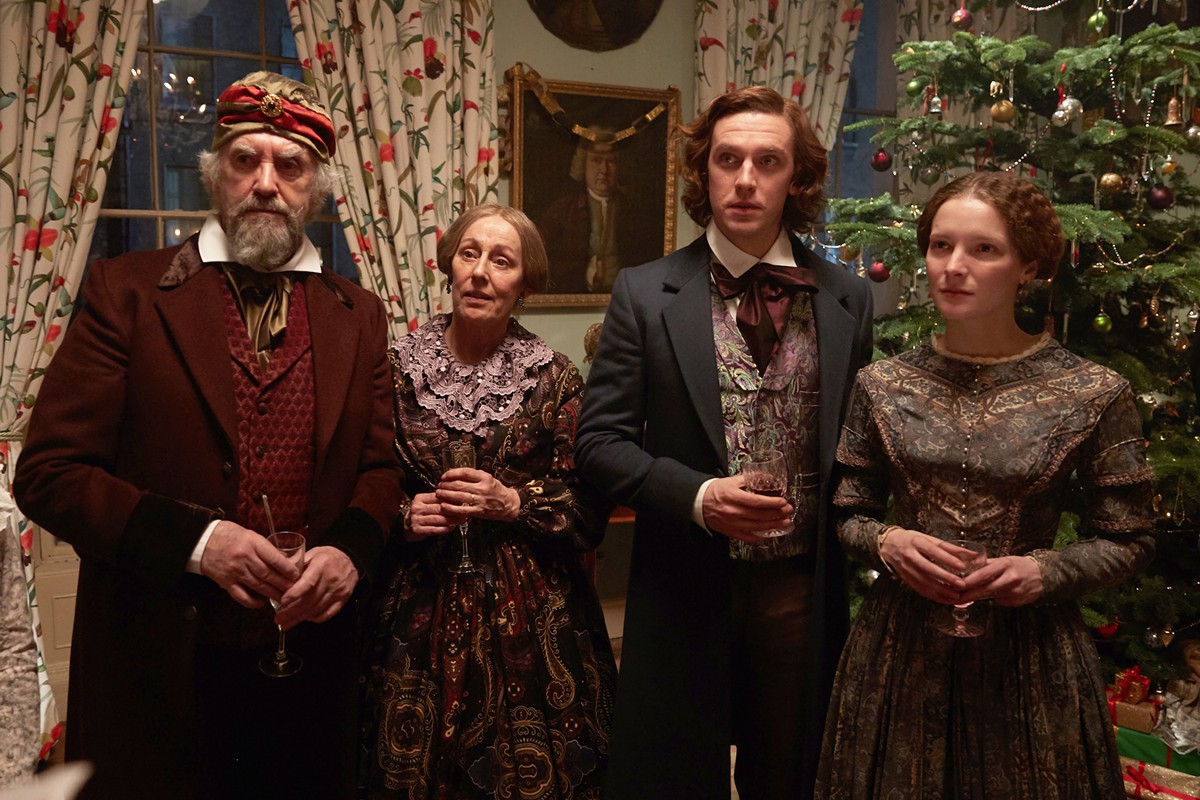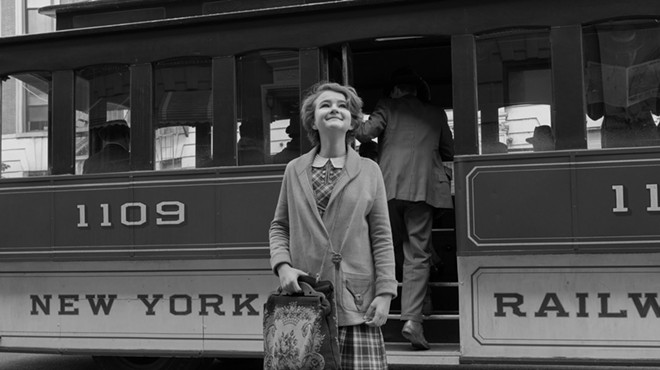God made the heavens and the Earth in six days, but he didn't create Christmas. That was left to Charles Dickens, who accomplished the task in just six weeks by writing the most beloved holiday classic of all time, A Christmas Carol.
Of course, neither tale is true. But just as biblical stories make great yuletide tales, so too does The Man Who Invented Christmas, the partly fictional tale of how Dickens turned Dec. 25 from just another holiday into the tradition we know today and, in the process, got his own literary mojo back by embracing his ho-ho-ho.
Directed by Bharat Nalluri (Miss Pettigrew Lives for a Day, MI-5), with a screenplay by Susan Coyne (based on the 2008 book by Les Standiford), the movie introduces us to Dickens at a downturn in his young career. Though he was already known as "the Shakespeare of the novel," Barnaby Rudge and Martin Chuzzlewit had not lived up to his fans' (great) expectations. Even worse, Dickens was deeply in debt and expecting his fifth child. He desperately needed a hit, and this film mixes fact with fantasy to concoct a charming, family-friendly tale of how Dickens produced that hit.
The movie works largely because of the performance of Dan Stevens, who is just plain likeable as Dickens, unless you haven't forgiven him for leaving Downton Abbey. It takes him some time to find his footing, though, at least in the early-going, when he does more mugging than the Artful Dodger and serves up a healthy heaping of holiday ham that would leave Oliver Twist asking for less. That early mediocrity is due in part to the script's tonal failings, but after about 30 minutes, both Stevens and Nalluri have righted the ship.
What really sets the film apart from the recent slate of abysmal holiday fare is its sweetness, good intentions, and solid supporting performances. Everyone's favorite Kevin Spacey stand-in, Christopher Plummer, is endearing as always, even when tasked with portraying Scrooge (or, more precisely, Dickens' imaginary inspiration). Even better is Jonathan Pryce as Dickens' father. The relationship between the elder and younger Dickens was a complicated one, and it provides the film's dramatic highlight. And Justin Edwards (as Dickens' business manager and the Ghost of Christmas Present) and Donna Marie Sludds (as Dickens' housemaid) are solid additions.
If you expect to learn a lot about Christmas, you might be disappointed. We do get references to how ignored the holiday was pre-Dickens, but we never get a factual explanation of just how much A Christmas Carol enhanced the traditions. The screenplay instead delves into Dickens and posits (sometimes heavy-handedly) that he had a hidden Scrooge inside himself, one who was often neglectful of his family, haunted by his workhouse youth and insecure about his talent.
"I'm the stain upon your soul," Scrooge tells his creator, "and I will never, ever leave you."
It's this retelling of the original novella — with Dickens as the central character — that imbues the film with both darkness and light, and a moral to boot. And though the real Dickens is often left in the shadows, enough magic emerges to boost the spirits of even the humbugiest among us.



